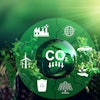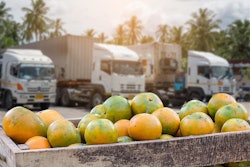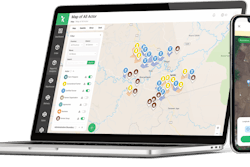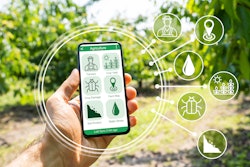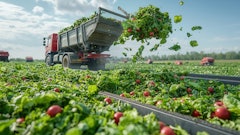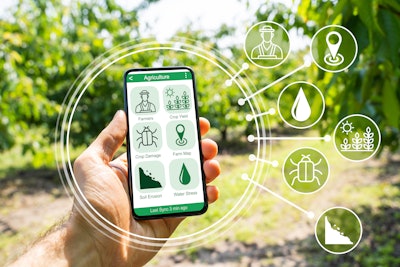
New data from the Accountability Framework initiative (AFi) and CDP show that achievement of deforestation- and conversion-free supply chains is possible, but still uncommon around the world.
“Companies must eliminate deforestation and conversion from their supply chains to meet near-term climate and nature targets, as well as to comply with emerging laws like the EU Deforestation Regulation,” says Leah Samberg, lead scientist, AFi. “These new data demonstrate that companies need to invest in effective monitoring and control systems to address deforestation and conversion associated with their operations and suppliers, however few are doing so.”
“We recognize that many companies were transparent about the extent to which their supply chains are free from deforestation and conversion," says Tomasz Sawicki, head of land, CDP. “But the latest analysis tells us that the majority of companies remain far from achieving deforestation- and conversion-free supply chains by 2025, which is the immediate target.”
Key takeaways:
- Based on disclosures made last year through CDP, 64 companies say they have achieved at least one deforestation- and conversion-free commodity supply chain, based on a high-quality disclosure.
- The companies reported a total of 66 agricultural and forestry supply chains as free from deforestation or conversion of other ecosystems. Those supply chains include 31 for timber products, 15 for palm oil, nine for soy, six for cattle products, three for cocoa, one for coffee, and one for rubber.
- In total, 881 companies disclosed on at least one commodity supply chain for a total of 1,498 commodity-specific disclosures across seven high-risk commodities. About half of the companies (445) disclosed on deforestation- and conversion-free progress. However, only 186 companies provided clear and appropriate information to justify their claims.
- A variety of issues undermined the reliability of information companies disclosed, such as reliance on certification programs and risk assessments that cannot guarantee commodities are deforestation-free. Additionally, some disclosures were missing important information on company activities, products, regions, or suppliers.
“Companies need to provide stronger evidence to support claims that their commodity supply chains are free of deforestation and conversion,” Sawicki says.
“Making no-deforestation or no-conversion intentions clear through public policies, commitments, and supplier engagement supports disclosure and helps accelerate the transition to responsible production and trade,” Samberg adds.



